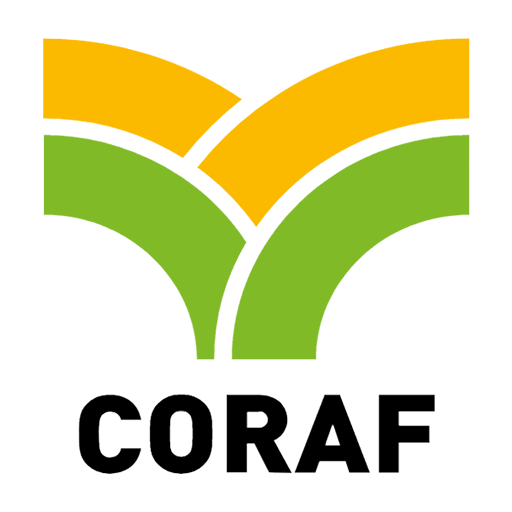The dairy sector in Burkina Faso is of crucial importance, contributing to food security, job creation and community income. As part of the TARSPro project (Scaling Up Agricultural Technologies and Innovations for Increasing the Resilience of Production Systems and Family Farms in West and Central Africa), CORAF held a training session in Manga from December 5 to 6, 2023, on best practices for processing milk-derived products. The training brought together dairy farmers and producers from the Centre-Sud and Centre-Est regions of Burkina-Faso.
The two-day training course was designed to provide breeders and producers with in-depth knowledge of processing standards for milk-derived products. The sessions focused specifically on products such as gapal, yoghurt, dèguè and many others.
The modules developed during the training focused on the measures recommended for the installation of milk processing units and the hygiene required for equipment maintenance. As far as equipment installation is concerned, the measures recommended are to separate the production unit from the living area. Using images, one showing a unit installed in an inhabited courtyard, and the other installed separately from the residential area, the trainers demonstrated to participants the importance of separating the two zones (residential and industrial). As a result, the participants interviewed said they were in the wrong business by using their living area as an industrial zone, with all the attendant risks. Lighting and the use of a room with fitted closets and a smooth floor were among the measures recommended to participants.
The second part of the course focused on hygiene in the maintenance of working equipment and premises. Participants were able to understand the importance of hygiene in the milk derivatives production chain. Indeed, the daily cleaning of work equipment, walls and work areas, and the installation of toilets, grids and fences, among other things, are all hygienic measures that the trainers presented to the participants to standardize their production.
After this training on standards and good practices, a practical exercise in the knowledge acquired was carried out to enable participants to see concretely what their new skills consisted of. They were thus able to put into practice the various tips and recommendations required to produce milk derivatives.
CORAF continues to play a key role in capacity building for agricultural development in West and Central Africa
